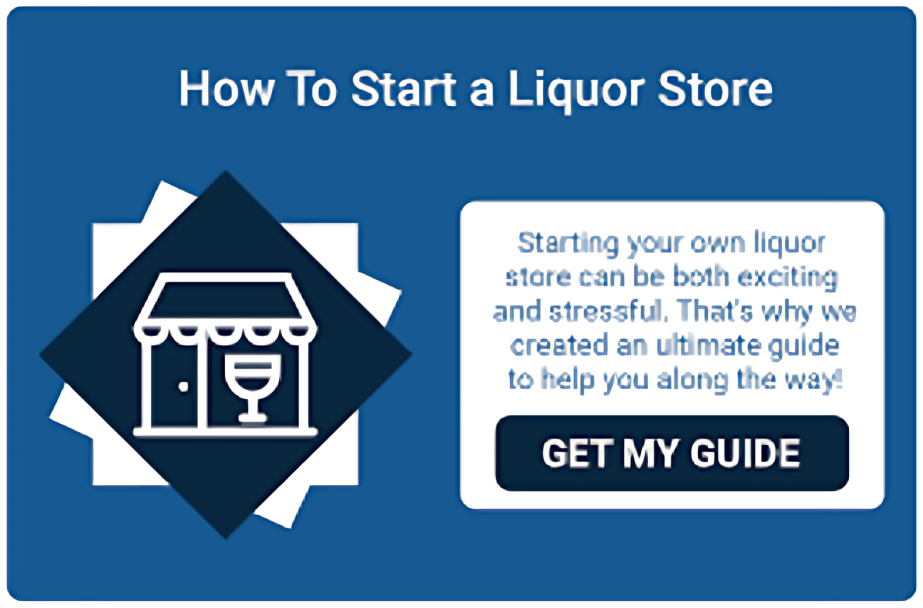Introduction:
For enthusiasts of wine, beer, or spirits, the dream of owning a liquor store may seem intoxicating. However, venturing into this business requires strategic planning in order to deal with the various intricacies and licenses. This article will walk you through the step-by-step process of opening a liquor store, providing insights from successful business owners along the way.
1. Understanding the Challenge:
Opening a liquor store is no easy feat, considering the stringent regulations and the competitive nature of the industry. Aspiring liquor store owners need to be prepared for the complexities involved in both starting from scratch and buying an existing business.
2. Step-by-Step Guide:
Step 1: Write a Business Plan
- Conduct thorough market research.
- Analyze competitors and identify unique selling propositions.
- Address inventory considerations and sourcing strategies.
- Outline funding requirements, financial projections, and marketing plans.
Step 2: Find the Store or Location
- For purchasing an existing store, evaluate the neighborhood, facilities, and reasons for the sale.
- For a new store, consider approved spaces with proper facilities for storage, security, and customer access.
Step 3: Get Funding
- Understand the significant financial investment required.
- Explore business loans, liquor store inventory financing, and alternative funding sources.
- Present a compelling business plan to potential investors and lenders.
Step 4: Register Your Business
- Choose a unique business name and check availability.
- Decide on a suitable business entity (e.g., LLC or corporation) for legal protection.
- Register your business with the relevant state authorities.
Step 5: Obtain Licenses, Permits, and Insurance
- Navigate the complex licensing process, understanding state and local regulations.
- Acquire necessary permits, including those from the Alcohol and Tobacco Tax and Trade Bureau (TTB).
- Invest in comprehensive business insurance, covering inventory and potential liabilities.
3. Licensing Challenges:
- Highlight the importance of adhering to state and federal regulations.
- Emphasize the need for thorough research on licensing requirements specific to the location.
4. Cost Considerations:
- Break down the significant upfront costs associated with opening a liquor store.
- Discuss the impact of location on overall expenses.
- Provide a realistic estimate, with a minimum starting cost of $100,000.
5. Insights from Successful Owners:
- Share experiences and lessons learned from established liquor store owners.
- Emphasize the value of effective inventory management.
- Focus on customer satisfaction to build a loyal customer base.
Conclusion:
Embarking on the journey of establishing a liquor store entails overcoming various challenges. Success in this “game of money” requires strategic planning, meticulous adherence to regulations, and a genuine passion for the business. This comprehensive guide functions as a roadmap, furnishing aspiring liquor store owners with invaluable insights to skillfully navigate the intricacies of this distinctive and gratifying venture. Here’s to raising a toast to triumph in the dynamic realm of liquor retail!

